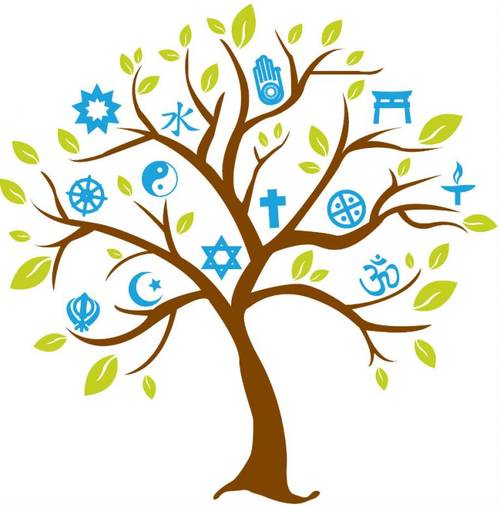 From the time I entered Jewish communal life in the 80’s until today, intermarriage has been at the center of the debate over the future of the Jewish community in the United States. My first brush with the personal implications of this debate occurred when I applied to rabbinical school. Laura and I were engaged, and at that time, Laura was not Jewish. I was accepted into rabbinical school, but only with the understanding that I would not be a candidate for ordination if I was married to a non-Jewish woman. Laura was interested in Judaism but not sure about conversion. It all worked out, since Laura fell in love with Jewish life in Jerusalem, but when I entered rabbinical school, we really didn’t know what was going to happen.
From the time I entered Jewish communal life in the 80’s until today, intermarriage has been at the center of the debate over the future of the Jewish community in the United States. My first brush with the personal implications of this debate occurred when I applied to rabbinical school. Laura and I were engaged, and at that time, Laura was not Jewish. I was accepted into rabbinical school, but only with the understanding that I would not be a candidate for ordination if I was married to a non-Jewish woman. Laura was interested in Judaism but not sure about conversion. It all worked out, since Laura fell in love with Jewish life in Jerusalem, but when I entered rabbinical school, we really didn’t know what was going to happen.
Once I started rabbinical school, the question of intermarriage regularly came up. In fact, I would call it an obsession. However, the sole focus of the debate was officiation: would you, should you, could you marry interfaith couples? Very little, if any, time was spent on the broader question of what it means to serve an intermarried, if not interfaith, population. The seminary tried to stay neutral, but outside the “ivory tower” the Jewish community was far from neutral on this subject. By the time I was ordained, the question of officiation was a litmus test in engaging a rabbi for many congregations, including Shomrei Torah.
By the end of rabbinical school, we were all required to state our position on the issue and, since the difference between finding a pulpit could hinge on this question, there was a fair amount of tension around who would and who would not perform an intermarriage and under what circumstances.
Rabbinical school was my introduction to the question of intermarriage, but serving Shomrei Torah was my education. The first thing I realized was that, while institutional Judaism was still arguing about how to stop, slow down, or in some way confront intermarriage, the Jews in the real world were simply marrying people they loved, with little concern about whether they were Jewish or not. In other words, the train had already left the station and many folks from the Jewish community were on it! The second thing I realized was that the question of officiation was really minor compared with all the other questions that arise in an intermarried community. I may officiate at 10 weddings in a year, but I lead services every week where a large minority of the congregation is either not Jewish or is married to someone who is not Jewish. Any bat/bar mitzvah will have a large percentage of non-Jews in the congregation. The same is true of other life cycle events as well (I have officiated at funerals where the only Jewish person is the deceased!).
The debate about intermarriage from the 80’s until today has focused primarily on what is being threatened or lost. An outside observer could not help but see a Jewish establishment running scared. Granted there are reasons to be concerned; assimilation is a real threat to Jewish continuity. But the fear of disappearing has distorted the Jewish communal lens, preventing it from seeing the many positive contributions non-Jews bring to the Jewish community, including a fresh look at Jewish tradition, as well as an openness to Jewish life that their Jewish spouse doesn’t always share. What has become clear to me since shortly after arriving at Shomrei Torah, is something which one still rarely hears discussed in even the more thoughtful conversations about intermarriage: the positive impact non-Jewish spouses can have on the Jewish community in almost every aspect of Jewish communal life. Shomrei Torah could not function without the help and support of non-Jewish spouses.
It is far too early to tell whether the kind of open, inclusive Jewish community we are building at Shomrei Torah will be sustainable over time. Now, when I engage in the debate about intermarriage with my colleagues, I try to remain humble. Sure, I am proud of our success and hopeful for our future. But, lacking a crystal ball, I can’t predict what will be; we are sailing in uncharted Jewish waters. I can and do say this: welcoming the stranger (hakhnasat orkhin) is a basic Jewish value whose duty and reward is without measure.
The future will be what it will be. Meanwhile, our task is to respond to the divine image that comes before us every time we encounter another human being, Jewish or not. At Shomrei Torah we make few distinctions. In fact, we often do not know who is and who is not Jewish. Many of you are “common law” Jews; others are supportive but not particularly religious in any way. Some non-Jewish members are of other faiths but choose to be a part of Shomrei Torah either to support their Jewish family and/or as a compliment to their own spiritual life. We are a diverse group working hard (and having fun!) building an inclusive yet authentic Jewish community.

